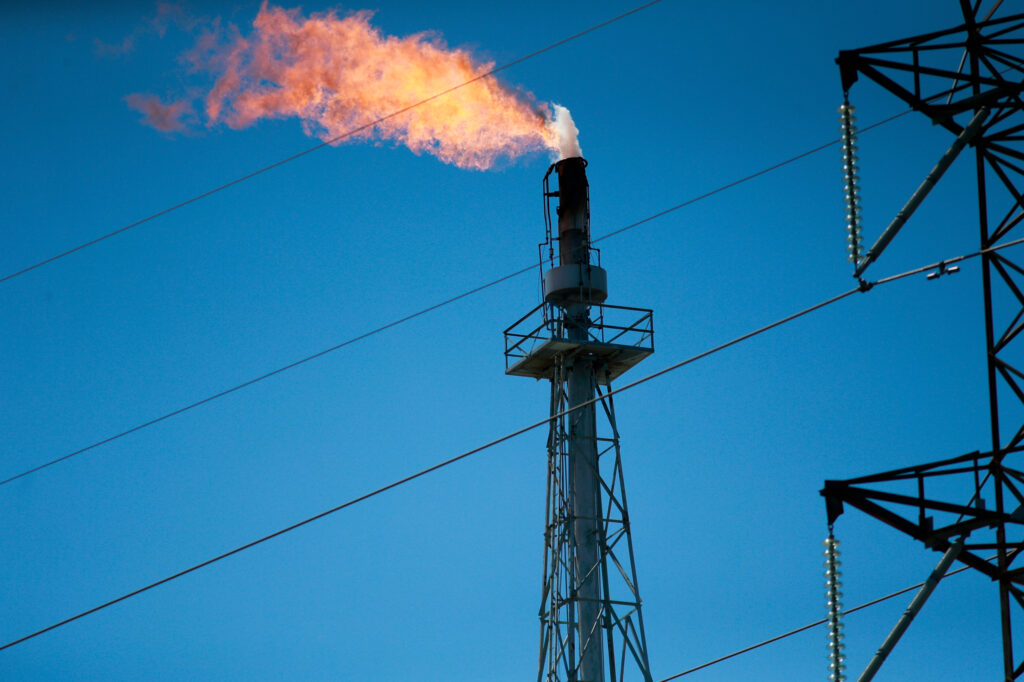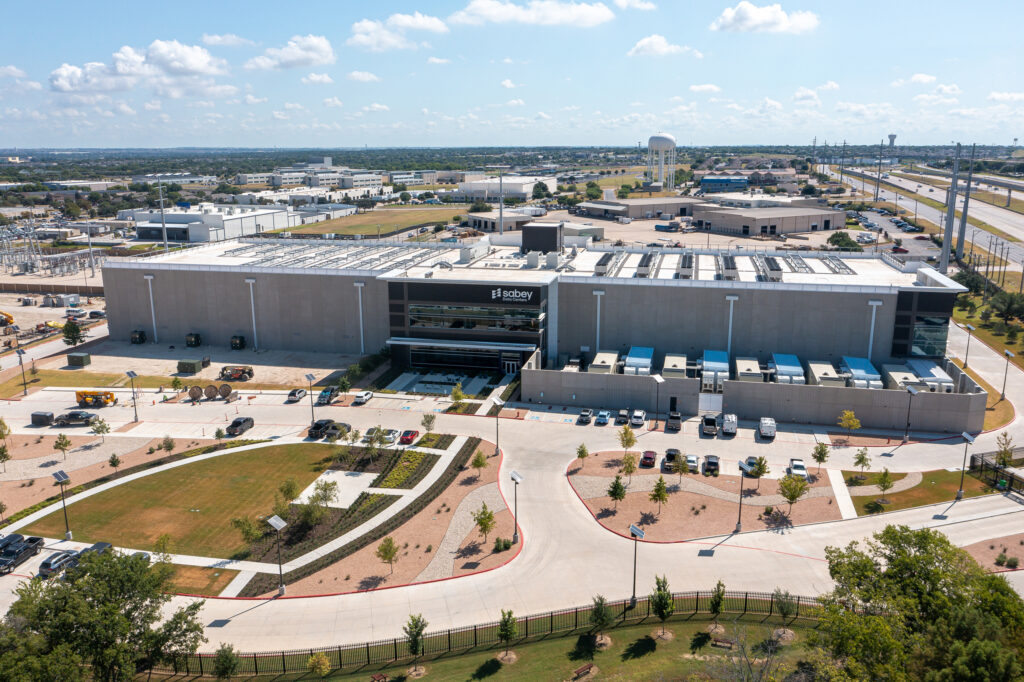The UK can become more resilient to global instability by using resources more efficiently and giving consumers a “right to repair”, say a group of MPs, peers, and leading businesses and charities.
A circular economy focuses on reducing consumption of finite raw materials by keeping materials in use through reuse or recycling. The idea is that this not only reduces environmental harm, but could deliver a £25 billion boost to the UK economy by 2035 and create hundreds of thousands of jobs across the country, explains the document.
Key recommendations from the cross-party group include giving consumers a real “right to repair” to ensure products can be fixed when they break, embedding reuse of critical minerals into the Clean Energy Mission to boost energy security, and setting a goal to bring the UK’s resource use within global limits by 2050.
Currently the UK has the second highest level of e-waste per person in the world and the UK’s material footprint is over twice the sustainable limit identified by the UN.
Politicians of all stripes have endorsed the asks, from Green Party co-leader Adrian Ramsay MP and Conservative Dame Caroline Dinenage MP, to Labour’s Uma Kumaran MP and Wera Hobhouse MP from the Liberal Democrats.
The report is backed by businesses including SUEZ Recycling and Recovery UK and Mura Technology, as well as organisations like the Institute of Environmental Management and Assessment (IEMA), Zero Waste Scotland, and the think tank Green Alliance.
The report is being launched on Tuesday 17th June at a parliamentary reception featuring a keynote speech from Environment Secretary Steve Reed MP.
The Environment APPG’s six steps to kickstart the circular economy are as follows:
-
Take a whole economy approach
-
Direct investment in circular business and innovation
-
Cut the cost of living with a real right to repair
-
Enhance clean energy security with circularity
-
Build the skills needed to get there
-
Set a long term goal to bring UK resource use within planetary boundaries
Andrew Pakes MP, Chair of the Environment APPG, said: “For many of the questions facing us, the circular economy provides some answers. How do we make the UK more resilient in a fractured world? How do we bring skilled jobs to our high streets and industrial heartlands? How do we clean up our streets, rivers and seas? Making better use of precious resources holds a key to all of these.”
Adrian Ramsay MP, Vice Chair of the Environment APPG, said: “We must make better use of resources to tackle the dual nature and climate crisis. Now is the time to think big, galvanising action across the economy to bring resource demand within global limits.”
Afzal Khan MP said: “We need bold and comprehensive leadership to tackle the waste crisis. The government has come in with the right ambition and now needs to support circular business to grow.”
Uma Kumaran MP said: “Too often the burden of excess resource use falls on the Global South or developing economies, driving nature loss and pollution from the waste the UK exports. The government has set out a path to end the throwaway society and protect nature not just in the UK but globally – this is more vital than ever to protect our planet and our natural world.”
Dame Caroline Dinenage MP said: “The circular economy has the potential to boost regional growth and leave Britain cleaner and greener for our children. Increasing the size of the repair and reuse economy, and promoting these skills at a local level, must be central to reforms.”
Wera Hobhouse MP, Vice Chair of the Environment APPG, said: “The Clean Power 2030 Mission is a crucial measure to reduce our exposure to volatile fossil fuel markets, and it needs to go hand in hand with a strategy to keep critical minerals in use. Reducing our demand will help countries around the world get the minerals they need to decarbonise.”
















